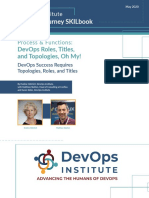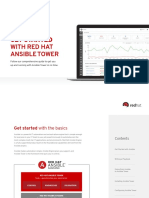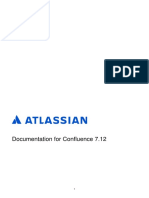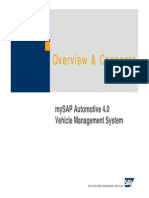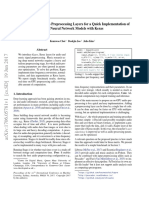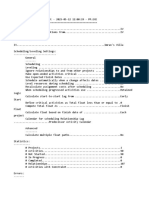0% found this document useful (0 votes)
266 views4 pagesDevOps Workshop Course
This document provides an overview of a DevOps workshop course. The course aims to teach students about DevOps concepts and tools to improve collaboration between development and operations teams. Key topics covered include automation, continuous integration and delivery, infrastructure monitoring and configuration management tools like Chef, Puppet, Jenkins and Docker. The course is 40-60 hours long with hands-on labs making up 60-80% of the time. Students will learn how DevOps can help organizations deliver software faster and more reliably.
Uploaded by
pavanlinuxCopyright
© © All Rights Reserved
We take content rights seriously. If you suspect this is your content, claim it here.
Available Formats
Download as PDF, TXT or read online on Scribd
0% found this document useful (0 votes)
266 views4 pagesDevOps Workshop Course
This document provides an overview of a DevOps workshop course. The course aims to teach students about DevOps concepts and tools to improve collaboration between development and operations teams. Key topics covered include automation, continuous integration and delivery, infrastructure monitoring and configuration management tools like Chef, Puppet, Jenkins and Docker. The course is 40-60 hours long with hands-on labs making up 60-80% of the time. Students will learn how DevOps can help organizations deliver software faster and more reliably.
Uploaded by
pavanlinuxCopyright
© © All Rights Reserved
We take content rights seriously. If you suspect this is your content, claim it here.
Available Formats
Download as PDF, TXT or read online on Scribd
/ 4











